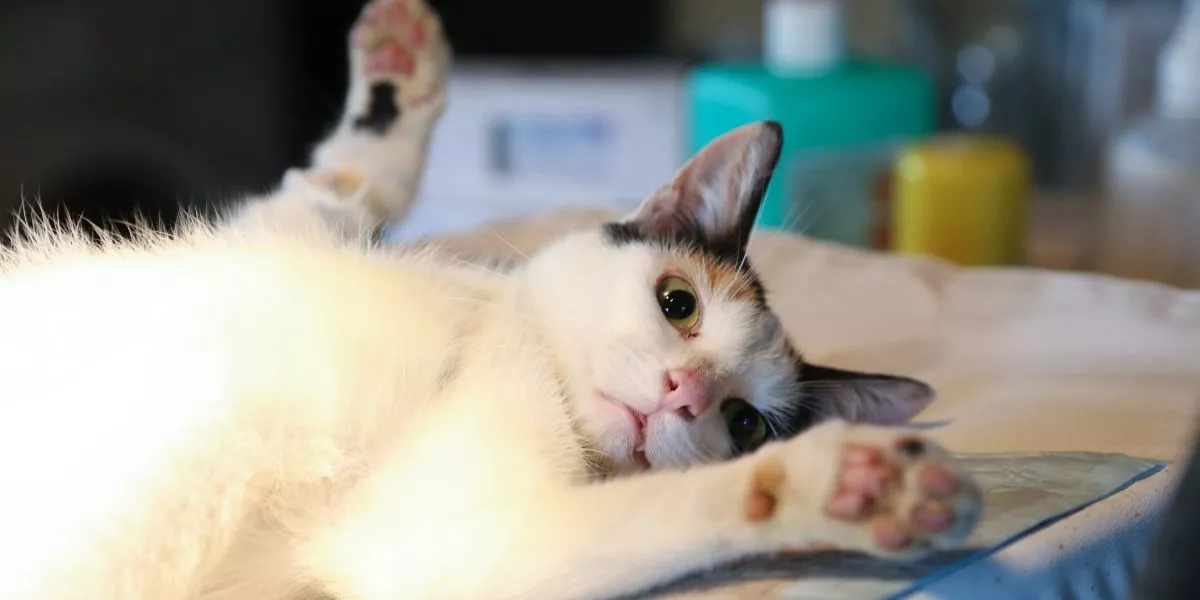
Spaying or neutering your cat is vital for their health and happiness. It helps prevent various health issues like uterine infections and testicular cancer, as well as unwanted behaviors such as spraying and roaming. The ideal age for the procedure is around 5 to 6 months old, ensuring a smoother surgery and faster recovery. Taking this step early can significantly improve your cat's quality of life. More details on the benefits and importance of spaying or neutering your cat can be found in the provided research.
Benefits of Spaying or Neutering
Spaying or neutering your cat can significantly reduce their risk of certain health issues. One of the main benefits is the prevention of uterine infections and breast tumors in female cats. Uterine infections, also known as pyometra, can be life-threatening if not treated promptly. By spaying your female cat, you eliminate the risk of this serious condition. Breast tumors are also less likely to occur in spayed female cats, especially if the procedure is done before their first heat cycle.
For male cats, neutering can prevent testicular cancer and reduce the risk of prostate problems. Testicular cancer isn't uncommon in unneutered male cats, but by removing the testicles through neutering, you eliminate this risk. Additionally, neutering helps decrease the likelihood of prostate issues, which can be painful and lead to urinary difficulties in male cats. By taking this proactive step, you aren't only benefiting your cat's health but also contributing to controlling the pet population.
Health and Behavioral Improvements
To improve your cat's overall health and behavior, consider the positive impacts of spaying or neutering. Spaying (for females) and neutering (for males) can have significant health benefits. Female cats that are spayed have a reduced risk of developing uterine infections and breast tumors, which are malignant in about 90% of cats. Neutering male cats can prevent testicular cancer and reduce the risk of prostate problems.
In addition to health benefits, spaying or neutering can also lead to positive behavioral improvements. Female cats in heat can exhibit loud yowling, spraying, and increased agitation. Spaying can prevent these behaviors. Neutering male cats can reduce aggression, roaming, and urine marking, making them more affectionate and less likely to get into fights.
Impact on Overpopulation Control
Considering the significant impact of spaying or neutering on controlling cat overpopulation is crucial for promoting responsible pet ownership. By spaying or neutering your cat, you're actively helping to address the issue of overpopulation. Each year, millions of cats end up in shelters, with many being euthanized due to a lack of homes. This overpopulation problem stems from uncontrolled breeding, which can be curbed by spaying or neutering your cat.
When cats reproduce uncontrollably, it not only leads to a strain on resources at shelters but also contributes to the cycle of stray and feral cat populations. These cats face numerous challenges, including disease, starvation, and predation. By taking the step to spay or neuter your cat, you're playing a vital role in reducing the number of unwanted kittens that may end up in unfavorable conditions.
Spaying or neutering your cat is a proactive way to prevent unplanned litters and ultimately helps in minimizing the burden on animal shelters and the broader community. Your decision to spay or neuter your cat directly impacts the overall welfare and population control of felines in your area.
Ideal Age for the Procedure
Choosing the right age for spaying or neutering your cat is crucial for their long-term health and well-being. The ideal age for this procedure is typically around 5 to 6 months old. At this age, cats are still young and resilient, making the surgery safer and easier for them to recover from. Spaying or neutering at this stage also helps prevent unwanted behaviors such as spraying, aggression, and roaming in male cats, and heat cycles and potential pregnancy in females.
Conclusion
In conclusion, spaying or neutering your cat is important for their health, behavior, and to help control overpopulation.
It's recommended to have the procedure done at a young age, typically around 6 months old.
By taking this simple step, you can ensure your cat lives a longer, healthier life and contribute to reducing the number of unwanted animals in shelters.
Don't wait, schedule that appointment today for your furry friend's well-being!




